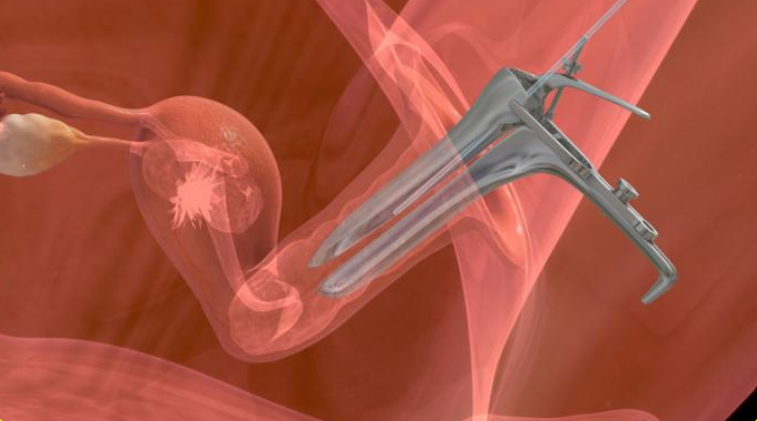IVF (in vitro fertilization) is a complex series of procedures that can result in a positive pregnancy. It is a fertility treatment in which couples experience difficulty in conceiving even after trying for twelve months. IVF also helps to stop passing on genetic issues to a child.
IVF embryo transfer is a simple method where anesthesia or sedation is not necessary. A long, thin catheter containing the agreed-upon number of embryos and a little fluid amount is passed through the cervix into the uterus, where the embryo or embryos are released. During IVF, eggs that are matured are collected from ovaries. These eggs are then fertilized by sperm in a laboratory. Then, one or more of these eggs, known as embryos, are set in a uterus, where babies grow. One complete cycle of IVF takes about two to three weeks. Sometimes, these steps are split into different parts, and the procedure can take longer. In vitro fertilization (IVF) is the most efficient treatment that involves dealing with eggs or sperm and embryos.
IVF embryo transfer uses a couple’s eggs and sperm. Or it may involve sperm, embryos or eggs from a known or unknown donor.
Having a healthy baby using IVF embryo transfer
The possibilities of having a healthy baby after IVF depend on several factors, such as your age and the cause of infertility. What is more, IVF involves getting procedures that can be invasive, time-consuming, and expensive. If more than one embryo is in the uterus, it can result in a pregnancy with more than one baby. This is a multiple pregnancy.
Your fertility expert can help you know how IVF works, what the risks are, and whether it is right for you.
Reasons to carry out IVF embryo transfer
People choose IVF embryo transfer for several reasons, such as infertility problems or when a partner has a particular health condition. Most people try IVF after other fertility methods have failed or if they are at an advanced age. IVF is also a good option for same-sex couples or people who expect to have a baby devoid of a spouse.
IVF is an option if you or your partner has:
- Endometriosis
- Blocked or damaged fallopian tubes
- Reduced sperm count or other sperm issues
- Polycystic ovary syndrome (PCOS) or other ovarian conditions
- Problems with your uterus
- Unexplained infertility
- Chance of passing on a genetic disease or disorder
- Uterine fibroids
Duration of IVF
IVF is a complicated process with several steps. The process lasts for four to six weeks. This comprises the time before egg retrieval when a person takes fertility medication until the pregnancy test occurs.
Know the benefits of frozen embryo transfer
It preserves all feasible embryos through embryo freezing, making it simpler to select single embryo transfer and thus greatly decreasing the possibility of multiple gestations and the associated health risks. In some cases, your doctor may suggest freezing your embryos to avoid the risk of a condition known as ovarian hyperstimulation syndrome (OHSS), which would worsen after pregnancy. One of the most important benefits of frozen embryo transfer is that it helps increase the chance of pregnancy if certain hormone levels are too high during the IVF cycle.
Frozen embryo transfer allows one to get pregnant in less time and with less preparation than a new IVF procedure entails. Moreover, the embryos you use will be younger than the eggs that you produce now and can boost your possibilities of a successful pregnancy and birth.
Embryo cryopreservation is a part of most IVF programs. Some people freeze and store embryos so they can have another chance at getting pregnant. You can freeze as well as store additional embryos, even though not all will survive the freezing and thawing procedure.
Conclusion
IVF treatment is a personal and complex process. An embryo transfer is the final step in an IVF procedure. It is the procedure of implanting an embryo safely inside the womb of the intended parent. While there are several different types of embryo transfers, and the right timeline can differ to a great extent, your decisions will be guided by the embryologist, fertility doctor, and other fertility specialists to maximize the outcome of your case.

